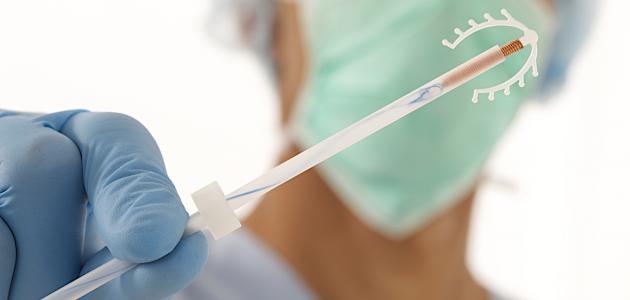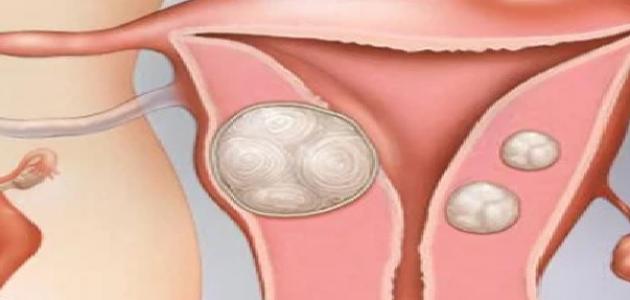the milk hormone
Prolactin Hormone can be defined as a hormone that is produced in the pituitary gland, which is located in the middle of the head, and it has many functions in the body in both sexes. It is a multi-functional hormone, and it also has a role in regulating insulin sensitivity and stabilizing glucose levels. In the blood, it also helps regulate the growth of insulin-producing cells in the pancreas, regulate metabolism, immunity, and many other diverse functions, but because of its basic role in the process of milk production and lactation, it is called the milk hormone. It prepares the breasts to begin producing milk during pregnancy, but its levels remain somewhat low during the months of pregnancy, due to the high levels of the hormones estrogen and progesterone secreted by the placenta during this period, which reduces and limits milk production in large quantities, but once birth and the placenta is expelled From the body, the levels of estrogen and progesterone decrease in the body, allowing the prolactin hormone to increase, and milk production begins in the few days after birth, and to maintain the process of producing and generating milk from the breast, the child must continue to breastfeed; Because this causes the nerves in the breast to send signals to the brain to release hormones that stimulate milk production, and thus every time the mother breastfeeds her child, more milk is produced.
The effect of the presence of breast milk in pregnancy
The presence of milk in the breast indicates an increase in prolactin, or the so-called milk hormone, which plays an important role in reducing fertility in females, by inhibiting follicle-stimulating hormone (FSH) and gonadotropin-releasing hormone (GnRH). Hormones are what stimulate the occurrence of ovulation and allow the eggs to develop and mature. Therefore, when the prolactin hormone increases, the woman will suffer from disturbances in the menstrual cycle, its irregularity, or its complete absence, and problems will occur with the timing of ovulation, causing it to become irregular, or her ovulation may stop completely, and thus it will become Pregnancy is more difficult and complicated, and this explains why some women do not become pregnant while they are breastfeeding, and therefore high prolactin may sometimes be used as a natural contraceptive, although it is not recommended to rely on it alone as a contraceptive, but if there is a desire to become pregnant. The high level of prolactin and the presence of milk in the breast was the obstacle and cause of infertility and difficulty in fertilization. The treating doctor will discover and treat any problems that led to its high level, and thus take the necessary treatments to reduce its high levels and return it to normal limits. Once its level returns to normal, the chances of pregnancy will be good.
Read also:Causes of polycystic ovary syndrome and its treatment
Symptoms of high prolactin
Some symptoms may appear in people with high prolactin levels. Some of these symptoms will be mentioned as follows:
- Symptoms in women: Symptoms that appear in women due to high prolactin include:
- Ovulation problems.
- Infertility in some cases.
- Milk leakage from the breasts even though the woman is not pregnant or breastfeeding.
- Absence or irregularity in the menstrual cycle.
- Loss of sexual desire.
- Feeling pain and discomfort during intercourse.
- Vaginal dryness.
- The appearance of acne.
- Excess hair growth on the body and face.
- Feeling hot flashes.
- Symptoms in men: The most prominent symptoms that may appear in men in the event of high prolactin are:
- Fertility problems may lead to infertility.
- Weak desire or sexual drive.
- Having problems with erection; The problem may be in its occurrence or its maintenance.
- Gynecomastia (in English: Gynecomastia); This means that the breasts of a man with high prolactin in some cases may enlarge and become larger.
- Decreased body muscle mass and decreased hair growth on the skin.
Read also:Symptoms of strong ovulation
Causes of high prolactin
The prolactin hormone is naturally present in low levels in men, as well as in women who do not breastfeed, and women who are not pregnant, but there are some reasons and health problems that lead to an increase in the level of the hormone in the blood, and among these reasons are the following:
- Having a prolactinoma or prolactinoma (in English: Prolactinoma); It is a benign tumor that affects the pituitary gland, which is responsible for producing the hormone prolactin.
- Hypothyroidism, meaning that the thyroid gland does not produce enough hormones.
- Suffering from diseases that affect the hypothalamus, which regulates the work of the pituitary gland.
- Appetite disorder.
- Taking some types of medications used to treat depression and high blood pressure.
- Suffering from certain kidney or liver diseases, or polycystic ovary syndrome.
Milk hormone analysis
As we mentioned previously, the symptoms associated with a high level of prolactin are: unjustified flow of milk, abnormal secretions from the nipple, infertility problems and absence of menstruation in women, in addition to sexual problems in men such as decreased sexual desire or inability to achieve an erection, and thus when When these symptoms appear, the doctor will request an analysis of the level of the prolactin hormone. It should be noted that the presence of prolactin changes depending on the time of day. It usually reaches its peak in the early morning, so it is recommended to draw blood after 3-4 hours after waking up, and there is no Certain procedures or preparations are required of the patient in order to perform a prolactin test. When the test is requested, the laboratory technician will insert a needle into a vein in the arm and withdraw a quantity of blood, through which the analysis is performed, which gives a numerical value that is compared to the normal levels for it. Below is a mention of the normal values. For prolactin:
Read also:Symptoms of weak uterine lining- In males: 2-18 nanograms per ml.
- In non-pregnant females: 2-29 ng/ml.
- pregnant women: 10-209 ng/ml.









